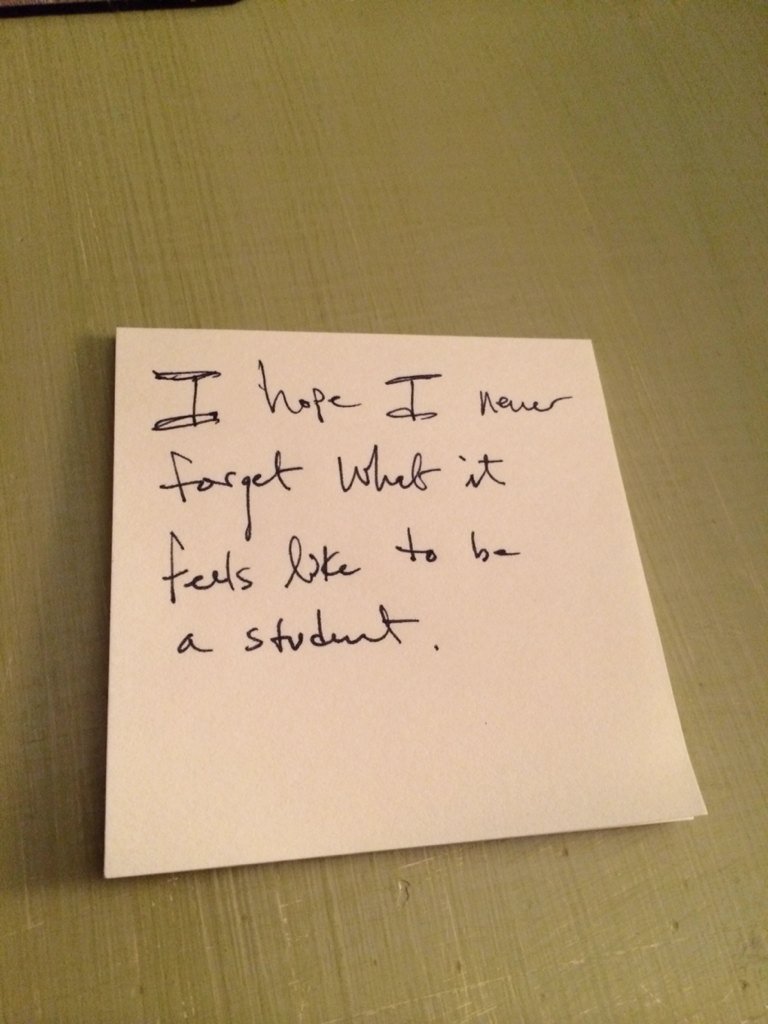"What should my students know before they leave my class?"
Rather, we should be asking,
"What should my students experience before they leave my class?"
Experiences impact us and we learn from them, but all learning and knowledge is not experiential. And it should be.
--------------------------------------------------------------------------------------------------------------------------
My students recently finished Lord of the Flies and as they embarked on the writing of essays about famous philosophies on human nature and epistemological thinking, I wanted to have them experience something about the various ways that power and corruption and relationships can become intertwined.
Here's what transpired.
I placed, in the center of the room, a bowl of chocolates.
I handed each of my 17 students a marker.
I told them we would play a game. I would tell them how many chocolates were in the bowl. Without speaking to one another, they would write the number of chocolates they wanted to have on their desk (whiteboard markers are awesome). As long as the total number of chocolates written on their desks didn't exceed the number of chocolates in the bowl, they would get the number they'd written. However, if the added number of requested candies exceeded the number in the bowl, nobody would get any.
The first round there were 16 chocolates.
The second round there were 9 chocolates.
The third round there were 9 chocolates, but students had to give their chocolate(s) to someone else.
The fourth round students voted for two people who would decide how the 17 chocolates would be divided.
The fifth round saw one student's name chosen at random; that student was the RULER who could decide how the 17 chocolates were distributed.
The sixth--and final--round invited students to discuss and vote on how the chocolates should be distributed.
(Then, of course, when we were done I made sure everyone had the number of chocolates they wanted)
It was fascinating and I am sure you can imagine how different groups of 8th graders responded.
They experienced something. They felt things. They learned stuff.
I bet they won't forget it.


